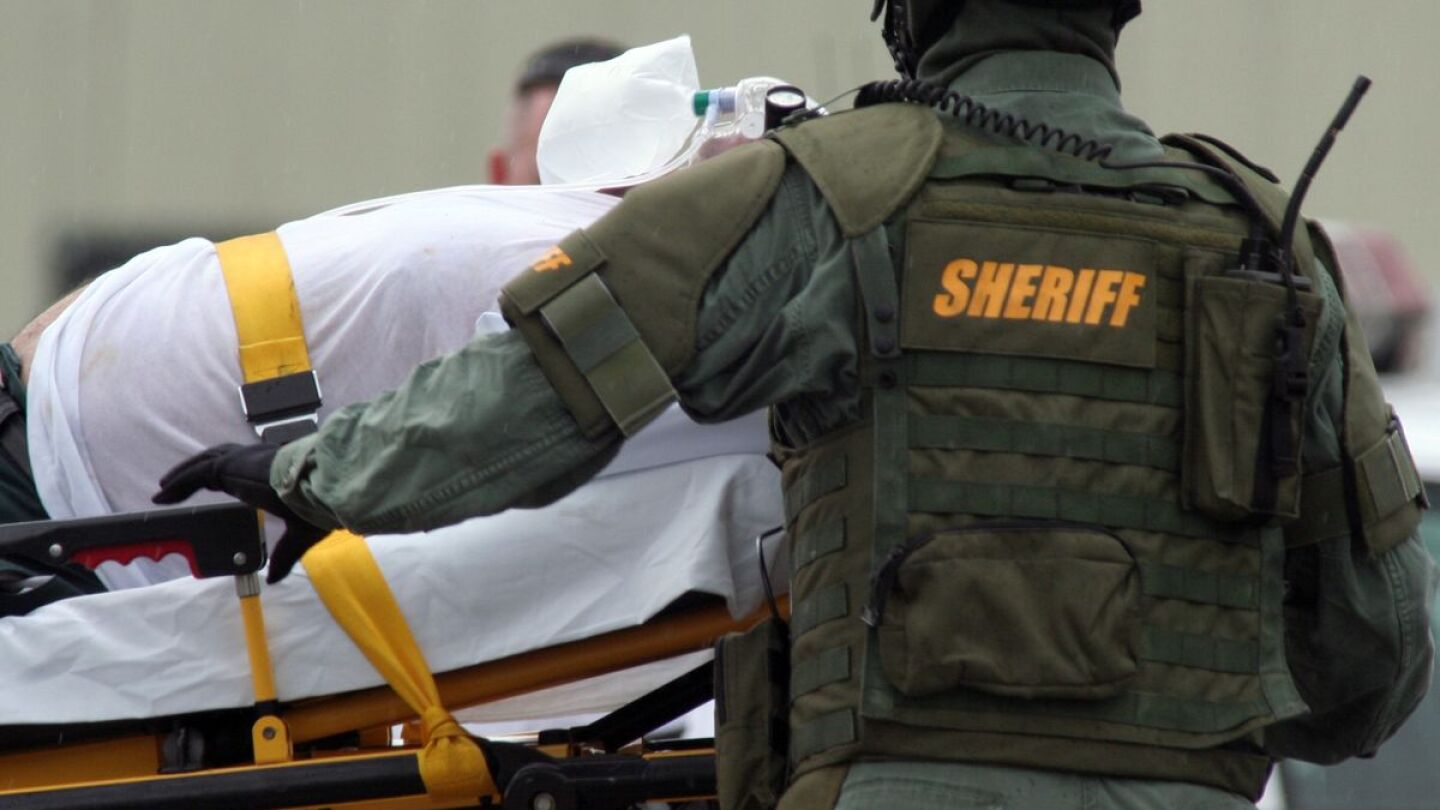But I wish some of those entitled docs would STFU. A nurse in her tight white skirt and silly cap out working an extrication or such?
Completely anecdotal, but the last time I had a nurse working an extraction, it was when we pulled up to a rollover on the GSP and I saw a pair of legs sticking out of the driver's side door. the Nurse, in scrubs, was on her way to work, came upon the crash, and provided assistance before the AHJ arrived. once we showed up, she gave us a quick handoff, and went on her way, with my thanks. True, she was an ER nurse, so this experience might not be the norm, but you shouldn't disparage an entire profession based on your individual biases.
Oh, and while some nursing schools do still keep the cap for graduation, they don't wear them regularly. in fact, from a global perspective, while the nurses' cap continues to be widely used, the use of the nurses' cap had begun to slowly decline in Western Europe and Northern America by the mid 1970s. The use of nurses' caps in the medical facilities of the
United States all but disappeared by the late 1980s with the near universal adoption of "
scrubs"
So if you are seeing nurses wearing skirts and caps, keep in mind they are 30 years behind the US, and 40+ years behind western Europe and North America.
BTW, some people in EMS wear baseball hats as part of their "uniform." If you want to, cool, if not, no biggie. That's my same thought on a nurses's cap, it's their choice. I'm sure you can find some 75 year old nurse who still wear her cap every day, because that's what she has done since she graduated nursing school 50 years ago. to each his or her own





